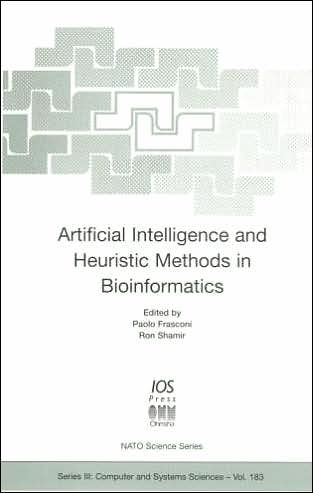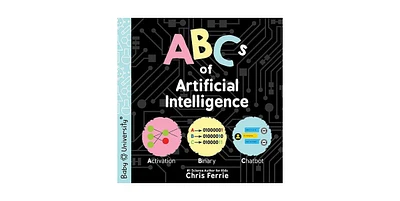Home
Artificial Intelligence and Scientific Method
Loading Inventory...
Barnes and Noble
Artificial Intelligence and Scientific Method
Current price: $39.99


Barnes and Noble
Artificial Intelligence and Scientific Method
Current price: $39.99
Loading Inventory...
Size: OS
*Product Information may vary - to confirm product availability, pricing, and additional information please contact Barnes and Noble
Artificial Intelligence and Scientific Method
examines the remarkable advances made in the field of AI over the past twenty years, discussing their profound implications for philosophy. Taking a clear, non-technical approach, Donald Gillies focuses on two key topics within AI: machine learning in the Turing tradition and the development of logic programming and its connection with non-monotonic logic. Demonstrating how current views on scientific method are challenged by this recent research, he goes on to suggest a new framework for the study of logic. He draws on work by such seminal thinkers as Bacon, Gödel, Popper, Penrose, and Lucas to address the hotly contested question of whether computers might become intellectually superior to human beings. These topics will attract a wide readership from followers of advances in artificial intelligence, to students and scholars of the history and philosophy of science.
examines the remarkable advances made in the field of AI over the past twenty years, discussing their profound implications for philosophy. Taking a clear, non-technical approach, Donald Gillies focuses on two key topics within AI: machine learning in the Turing tradition and the development of logic programming and its connection with non-monotonic logic. Demonstrating how current views on scientific method are challenged by this recent research, he goes on to suggest a new framework for the study of logic. He draws on work by such seminal thinkers as Bacon, Gödel, Popper, Penrose, and Lucas to address the hotly contested question of whether computers might become intellectually superior to human beings. These topics will attract a wide readership from followers of advances in artificial intelligence, to students and scholars of the history and philosophy of science.

















